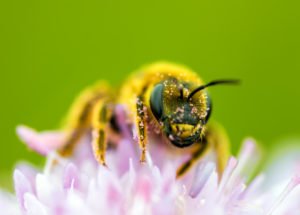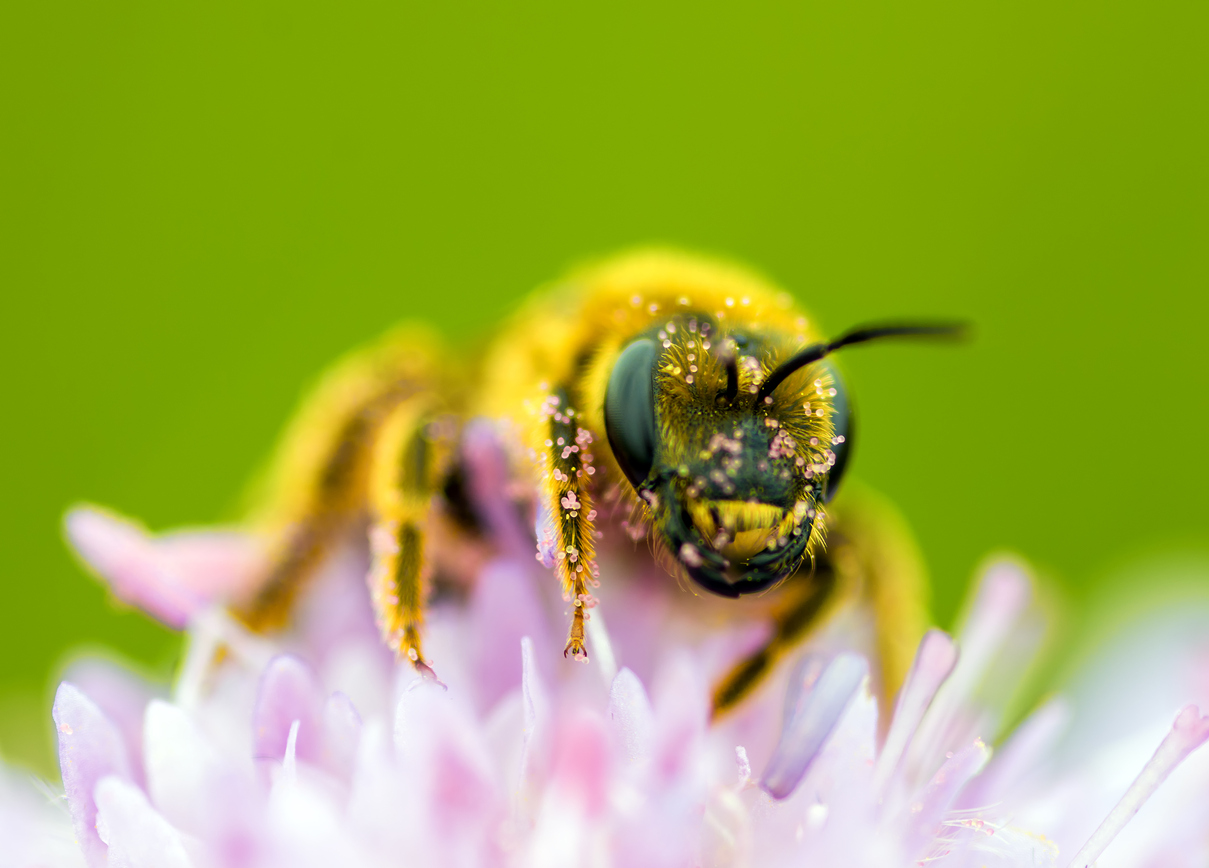The European Commission has voted to ban neonicotinoid pesticides in EU member states. The decision is expected to come into force by the end of 2018, with only closed greenhouses exempt.
 The decision follows growing evidence that the insecticides may be linked to declines in pollinator populations, including honeybees.
The decision follows growing evidence that the insecticides may be linked to declines in pollinator populations, including honeybees.
New Zealand’s Environmental Protection Authority has said it would watch the European Commission’s decision, but that the rules around the use of neonicotinoids in New Zealand were working to protect pollinators.
The Science Media Centre has asked experts to comment on the ban.
Mark McNeill, scientist, AgResearch, comments:
“The challenge around neonicotinoids is that they are an effective insecticide to control seedling pests in New Zealand such as the Argentine stem weevil, black beetle, springtails, caterpillars and slugs, that can have significant impacts on the establishment of pasture and forage crops. Protection during the seedling stage is critical to the production and persistence of these pastures and crops.
“The neonicotinoids are also less toxic to humans than organophosphate insecticides, and are considered a more environmentally friendly means of crop protection compared to broad-spectrum foliar sprays. This is because they are highly targeted (being buried in the soil with seed) and therefore do not have the same risks of environmental exposure and impact (e.g. through aerial dispersal).
“In addition to reduced weed invasion and improved persistence and yield, the neonicotinoids also allow crops and pastures to be established by direct drilling (where the seed is drilled into unploughed soil), reducing nutrient leaching and carbon emissions.
“While it is early days yet, the withdrawal of neonicotinoids will cause some issues for farmers, as there are no ready alternatives. Irrespective of any future decisions, NZ farmers need to have effective and safe treatments for controlling pests at the seedling stage.”
No conflict of interest.
Professor Peter Dearden, Genomics Aotearoa and the Bio-Protection Research Centre, University of Otago, comments:
“Neonicotinoids are a class of insecticides that are used extensively to protect crops both in New Zealand and overseas. Many neonicotinoids have systemic effects on plants meaning treating the seeds with neonicotinoids can leave a plant protected throughout its life. Neonicotinoids have largely replaced problematic insecticides used in the past, such as organophosphates and DDT.
“In recent years questions have arisen about the impact of neonicotinoids on pollinating insects, especially bees. A long-term reduction in pollinating insects has occurred, especially in Europe, and even more worrying, studies have shown a similar 70% decline in flying insects in Europe. These declines have been suggested to be due to neonicotinoids. Neonicotinoids have been shown to have sublethal effects on bees, and bee colonies have been shown to be negatively affected by neonicotinoid exposure. These findings have led to the recent European ban on neonicotinoid use.
“In New Zealand, neonicotinoids are used extensively, though on a different set of crops and pasture than in Europe. In New Zealand managed honeybees are doing well, and there are no indications of the long-term decline in bees seen in Europe. We do not, however, have good long-term monitoring projects of insects other than bees in New Zealand, and so have no real idea if we have the declines in insects seen in Europe.
“It is important to point out that neonicotinoids are far safer insecticides than those used previously, and that we have very few alternatives if neonicotinoids are banned. Neonicotinoids are also the key ingredients in Vespex, an important way of controlling invasive wasps in New Zealand (a huge benefit to our environment) and important tools in controlling pasture devouring weevils.What is really needed in New Zealand is an understanding of the impacts of our use of insecticides on both agricultural and natural environments, as well as monitoring of residues from insecticides in groundwater and soil. With this data, we could make informed decisions on the costs and benefits of insecticides.
“Alternatives to insecticides exist, many of them researched by New Zealand’s Bio-Protection Research Centre, but to stop the use of insecticides completely would raise challenges for our agricultural productivity.
“The neonicotinoid story, as well as that of organophosphates and DDT, may indicate that our approach to insects generally is wrong. Insects are key parts of our ecosystems and critical to our continued existence on the planet. Perhaps we should be cherishing them, finding ways to avoid agricultural damage without killing them, and ensuring they are not needlessly killed, as a better way to ensure sustainable agriculture.”
No conflict of interest.
